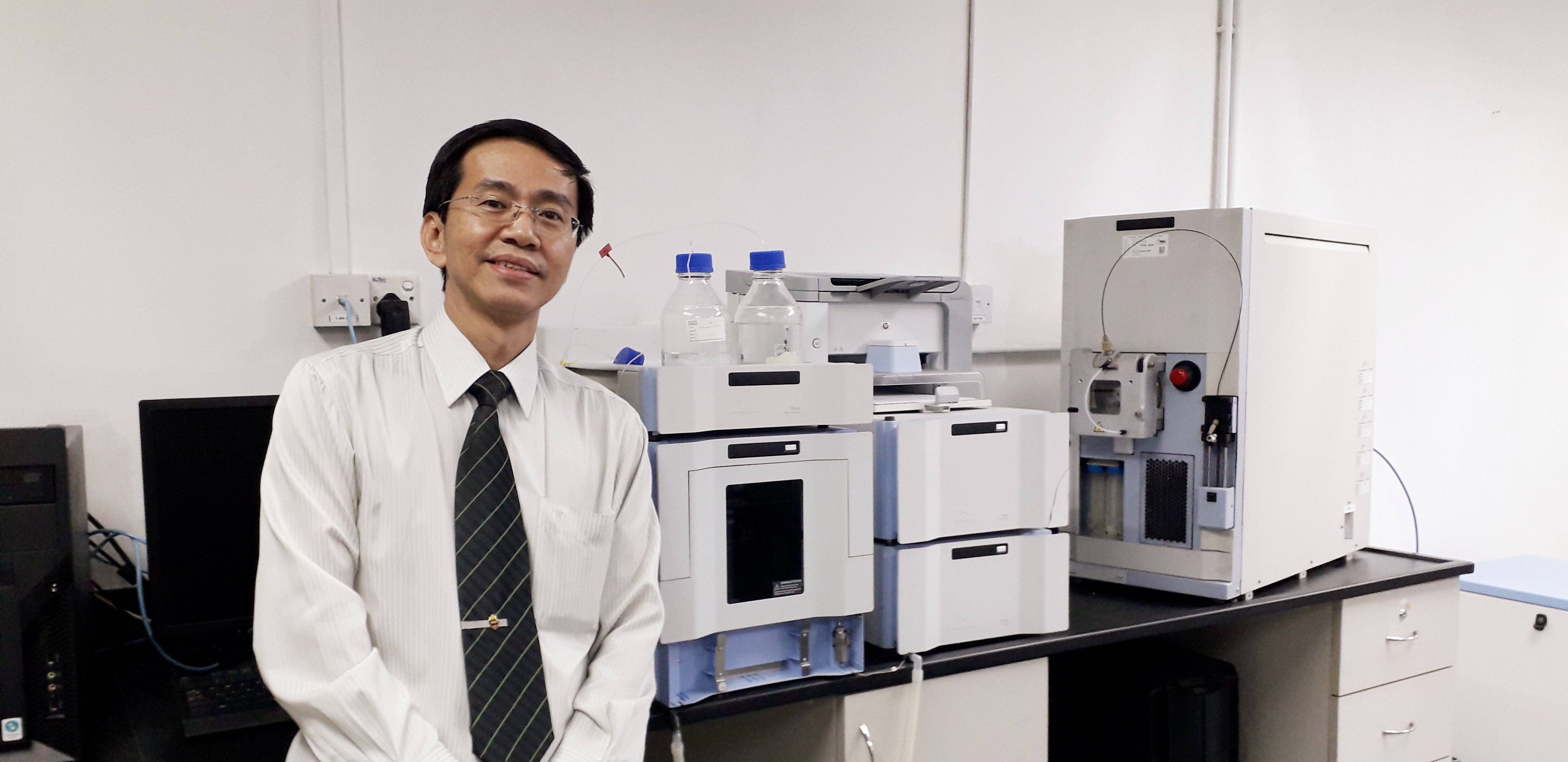An IMU Professor in Pharmacology and Associate Dean – Academics, School of Pharmacy, Dr Ong Chin Eng, was recently appointed as Editor of a well reputed international journal, Clinical and Experimental Pharmacology and Physiology (CEPP). The journal, founded in 1974, is hosted by Wiley publishers and is a peer-reviewed scientific journal that publishes articles relating to pharmacology and physiology, with an impact factor of 2.092. His appointment takes effect from January 2019. Prof Ong is in-charge of drug metabolism and pharmacogenetics section of the CEPP editorial Board in view of his expertise in the field. The focus of his research has been the enzyme cytochrome P450 (CYP), investigating in particular the role of the enzyme in drug metabolism and drug interaction. Prof Ong specifically set out to determine if the enzyme’s activity was affected and may lead to altered drug response when mixed with local herbs, supplements and other drug compounds. Working closely with the Institute of Medical Research (IMR), he developed an in vitro assay system (test tube system using purified CYP enzyme) to investigate modulation of CYP enzyme activities by local herbs including Tongkat Ali, Kacip Fatima, Misai Kucing, Hempedu Bumi and Pegaga. Prof Ong’s research concluded that Kacip Fatima showed good potential to interact with the CYP enzyme which mainly metabolises painkillers as well as anti-convulsants and anti-epileptic drugs. The herb was also shown to interfere with warfarin, a commonly-prescribed blood-thinning agent. The other herbs demonstrated minimum potential for interaction, so patients taking these herbs have a lower chance of developing adverse response to the drugs they are prescribed. The research findings have been published in reputable journals including Journal of Ethnopharmacology, Chemico-Biological Interactions, as well as Biopharmaceutics & Drug Disposition. Prof Ong believe that the findings of his research can be a guide for further research which will ultimately lead to lower incidence of interaction problems in drug treatment. “Ultimately, our goal is to improve the quality of healthcare in this country,” he said.

| About Clinical and Experimental Pharmacology and Physiology (CEPP) |
|---|
| CEPP provides a medium for the rapid publication of original research papers, short communications, rapid communications and theoretical articles (hypotheses) on the results of clinical and experimental work in pharmacology and physiology. The Journal has, since its inception, made a substantial contribution to effective and productive communication between scientists throughout the world who are working in these interrelated disciplines. CEPP has also been officially endorsed by the High Blood Pressure Research Council of Australia (HBPRCA), the Australasian Society of Clinical and Experimental Pharmacologists and Toxicologists (ASCEPT), the Australian Physiological Society (AuPS), and the Australian Neuroscience Society (ANS). CEPP publishes research and review articles in entire aspects of the pharmacological and physiological sciences with strong emphasis on originality and scientific quality. It accepts papers in the field of biochemical pharmacology, molecular pharmacology, metabolic pharmacology, drug metabolism, pharmacogenetics, pharmacokinetics, vascular metabolism and biology, neuropsychopharmacology, systems pharmacology, as well as clinical trials. |









